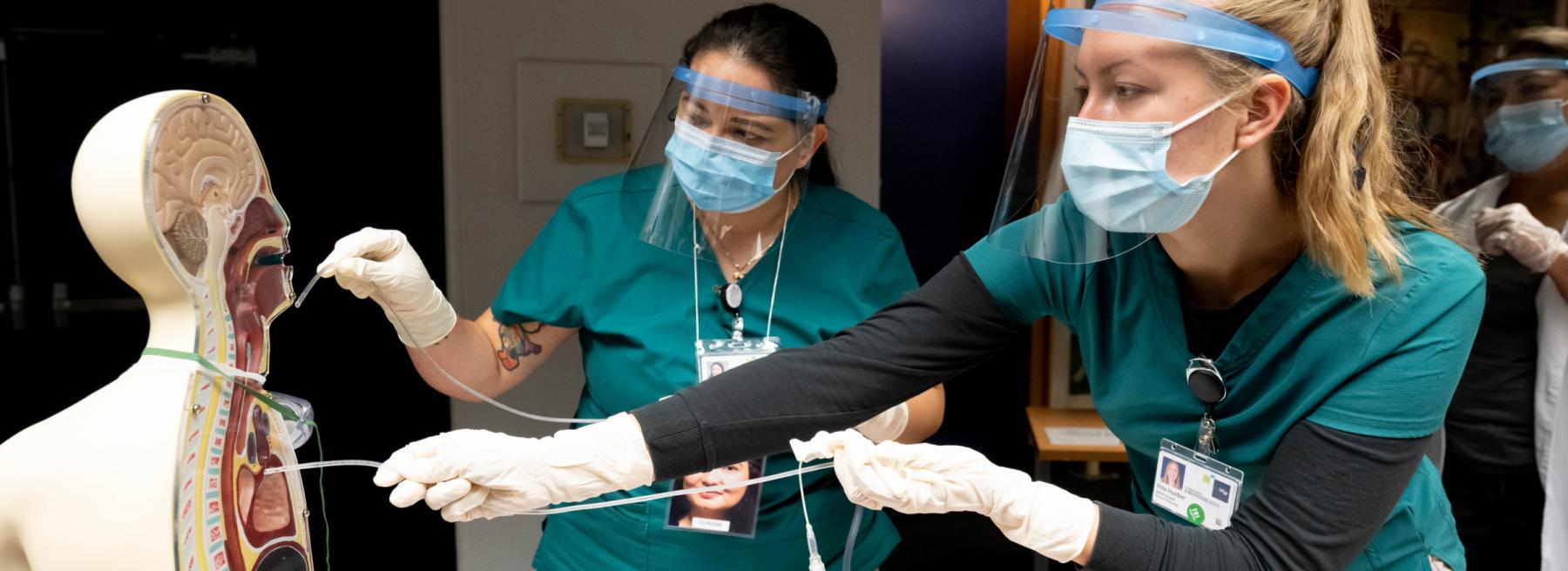1. Why did the UCSF School of Nursing decide to pause new admissions to the Master’s Entry Program in Nursing?
As a leading academic institution, we continuously evaluate how well our educational programs are meeting the contemporary needs of our students and their ability to address the demands of the ever-evolving health care environment. As a state institution, we are particularly mindful of the health of the people of California.
After careful consideration, the decision was made to pause admissions to the MEPN program until 2025 due to the following factors:
- MEPN students spend the first year of the program engaged in prelicensure study. Upon successful completion of the NCLEX licensing exam, the students continue their program of study for two additional years to earn a master’s degree and most become advanced practice nurses. After their first year of study, and following successful completion of the licensing examination, they are recognized as registered nurses (RNs) but do not yet have an academic degree in nursing. As a result, it has been increasingly difficult for some to find employment. Due to a change in accreditation requirements, many hospital partners have informed us that they are no longer able to hire MEPN first-year completers into residency programs, despite being licensed, until they have a nursing degree.
- Without a nursing degree, our MEPN first-year completers are also unable to participate in new graduate nurse residency positions at Magnet hospitals, including UCSF Health and Stanford University hospitals.
- Many prelicense students are incurring substantial debt early in the educational journey, and struggling to find employment as an RN because they do not have a nursing degree.
2. Is the decision to pause MEPN permanent?
No. In 2025, we will reassess the decision to pause the MEPN program. We will carefully review a number of factors as part of our decision-making, including the needs of the health care workforce, national trends in the nursing field, residency requirements and the welfare of our future students. We will be working closely with our clinical partners and workforce experts to make this decision.
3. How were students in the MEPN program impacted at the time the decision was made?
All current students are continuing their studies, uninterrupted, and will complete their first year of prelicensure study this June. Upon passing the NCLEX licensing exam, they will continue in September onto the two-year program of study leading to the master’s degree.
4. How can hospitals and clinics continue to partner with UCSF to train nursing students?
We share your commitment to prepare the next generation of nurse leaders. Over the next two years, as we migrate our MS curriculum into the Doctor of Nursing Practice (DNP) degree for BSN-prepared nurses and expand enrollments of MS-prepared nurses, our intention is to continue partnering with clinical training sites throughout the San Francisco Bay Area. Our clinical partners are an essential resource to the preparation of nurses who are able to work safely and effectively. If you are interested in expanding affiliations in support of the DNP program, please contact our Office of Clinical Placements at [email protected].
5. Going Forward…
We will continue to update you on our work via the School of Nursing website and will be communicating directly with clinical leaders, regionally and beyond.

